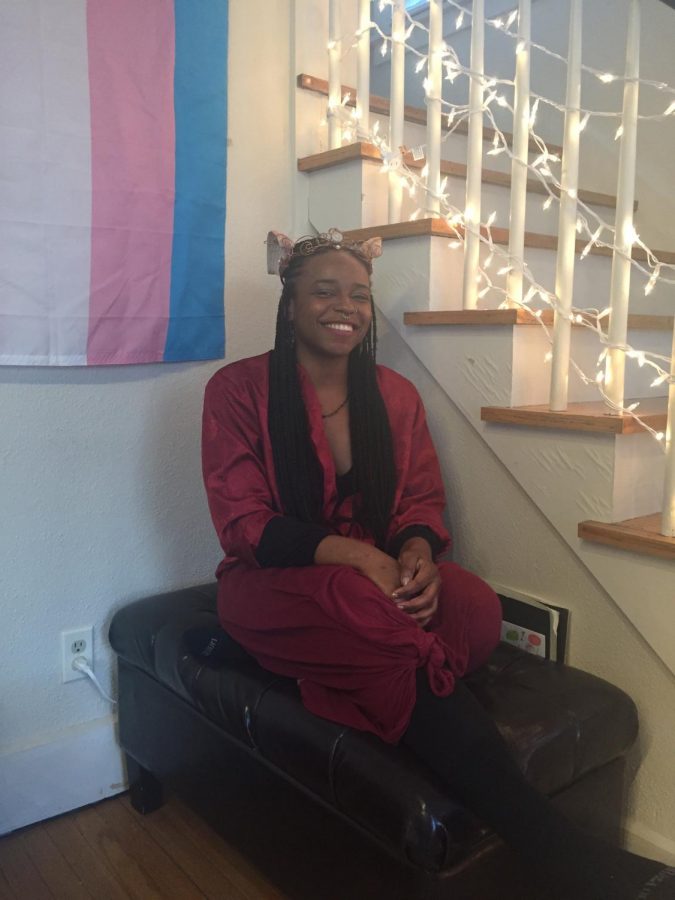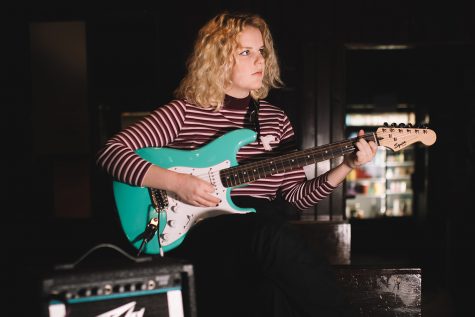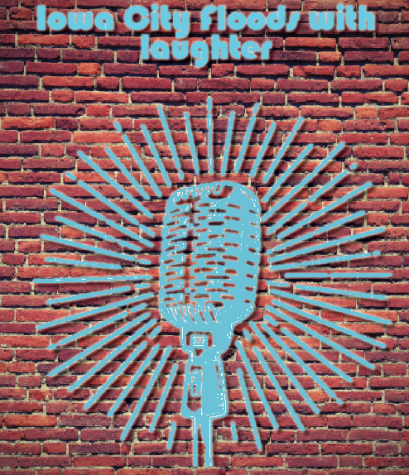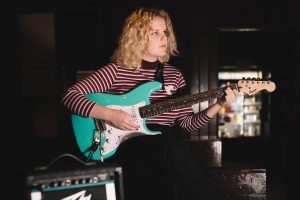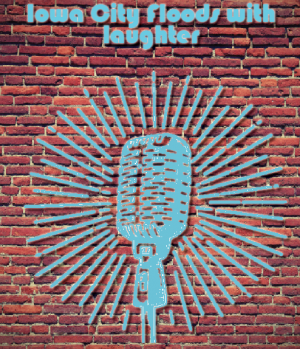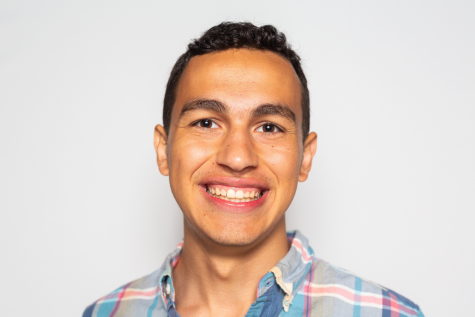Black Art; Real Stories to perform, wrapping up Black History Month
Iowa Edge and Black Art; Real Stories to put on an empowering poetry slam to celebrate Black History Month.
February 27, 2019
For countless years, speeches and poems have been powerful tools to empower the masses and further social change among minority groups. From Martin Luther King’s “I Have a Dream” speech to Abraham Lincoln’s “Gettysburg Address,” the spoken word has been the source of much great change in our country.
On Feb. 28, the Iowa Edge student organization will celebrate February as Black History Month by hosting the annual poetry slam in 181 IMU. This year, Iowa Edge will collaborate with Black Art; Real Stories for the first time. The slam will start at 6 p.m., last for two hours, and everyone is welcome.
For UI sophomore Jalyn Lockett, a publicist for Black Art, the poetry slam will recognize underrepresented black writers in honor of Black History Month.
“Black writers don’t get acknowledged enough. There are so many prominent black writers, and so few people know about them,” she said. “I feel like it’s really important for black students to know that there are other black writers and black people in academia who succeeded and that went further, that they did so much and broke through so many barriers.”
As an art and social-justice major, Lockett said, she hopes to use her spoken poetry to influence those in the audience.
The writing process is just a rough draft. What really counts is how you use the platform.
— Reanna Lewis
“A lot of people hear the word race and think, ‘Oh, it doesn’t apply to me,’ but I feel like that’s a conversation that everyone needs to be a part of, considering the history of this country,” she said. “It’s an important conversation to have.”
RELATED: Damien Sneed to pay respects to Dr. MLK Jr. at Hancher
Lockett said she will participate in the poetry slam to reconnect with her passion for visual and lyrical forms of art.
“You have to get comfortable sharing your poetry. Most people just write, but with spoken word, you have to perform it on stage in front of people,” she said. “You have to worry about tone, what are you doing with your hands, are you standing? Are you going to move around stage? First, you memorize the poems, then you have to memorize the movements that go with the poems.”
Similarly, third-year Reanna Lewis, the editor in chief of Black Art, said she will have to read the vibes of the audience before knowing the kind tone her poem will bring.
“The writing process is just a rough draft. What really counts is how you use the platform,” she said. “The performers themselves don’t really know the outcome. I know I’m going to have an emotional response, but I don’t know what that looks like. Every time one steps into an atmosphere, it’s going to have a different feel a different style you never know how it’s going to go; it’s how everyone is absorbing it.”
RELATED: Common shares stories and wisdom in Iowa City
Lewis said she had never written a poem about the microaggressions or racism she has faced on campus, but she will share some of her stories as a black woman.
“I’ve been struggling with my piece all month. I’ve been trying to figure out how to pull all the issues I’ve been dealing with as a black woman on campus, as well as pulling in the trauma that I’ve been avoiding,” she said. “I’m a survivor of a lot of things, and I’ve overcome a lot of different forms of trauma.”
Lewis said the black community at the UI is very supportive of each other.
“The black community is truly a family. You have those family members who like to keep to themselves, you have those family members who don’t agree with you but will still talk to you,” she said. “There are so many different personalities and different nationalities in the black community.”
However, she still believes there is progress to be made at the UI as an inclusive community, and she supports the #DoesUIowaLoveMe? movement. She said that the poetry slam will act as a platform for those students to tell their stories.
“[Black Arts’] main goal and main purpose is to stand up for underrepresented and marginalized voices. To see other students deal with that makes me furious,” she said. “This time is for students to say whatever the f*ck they want to say. This is a great opportunity to exercise our ability to assist and show an action that we stand for underrepresented voices.”



